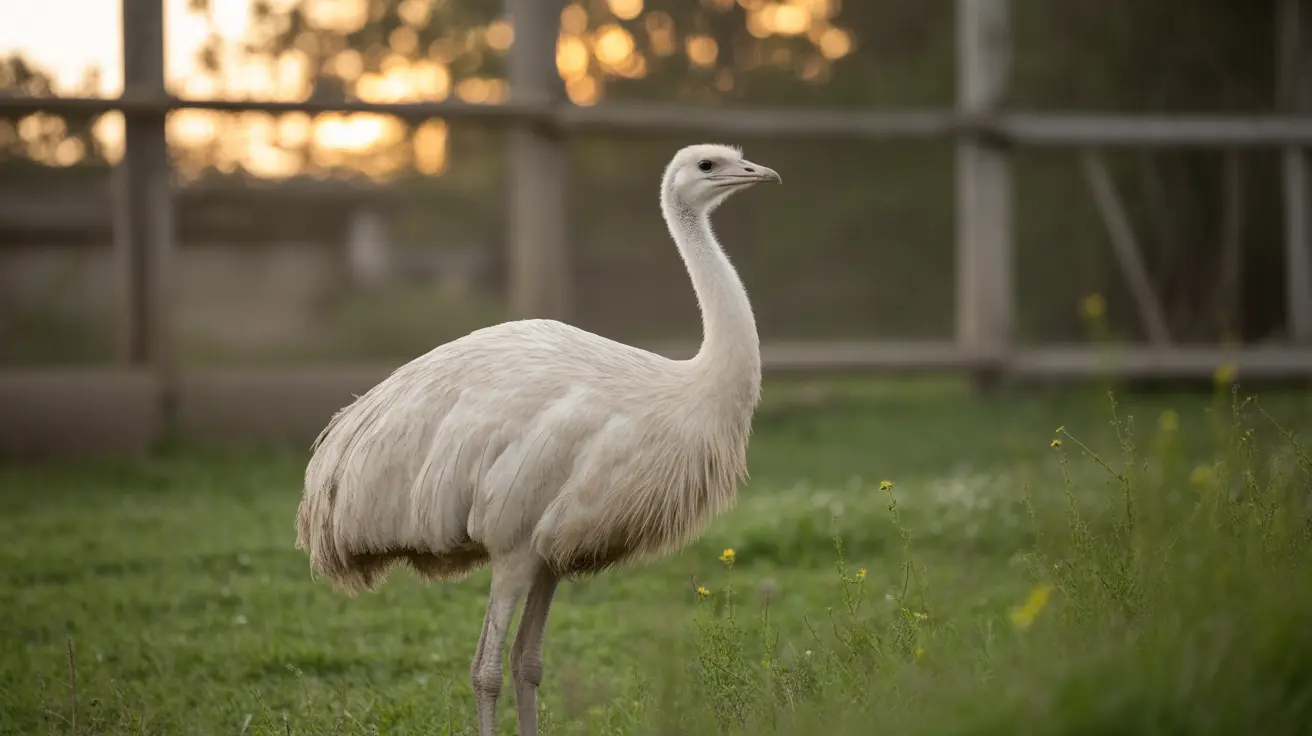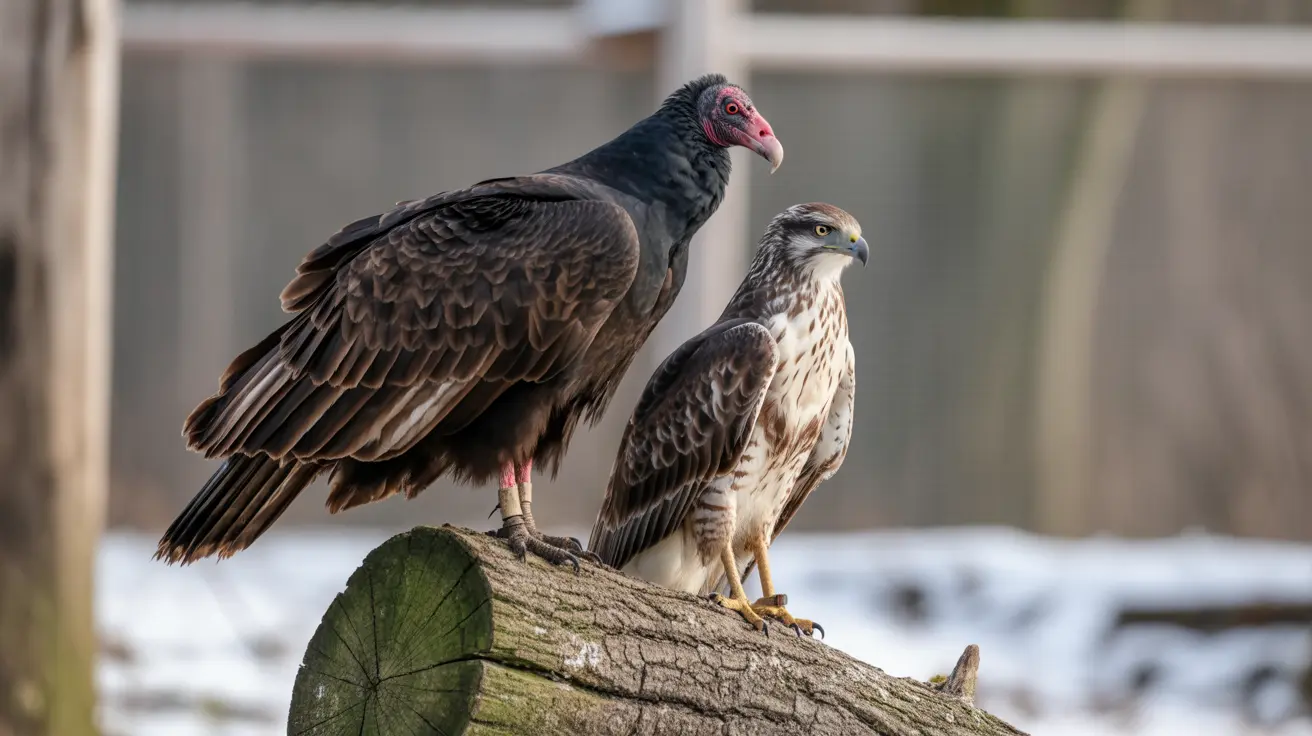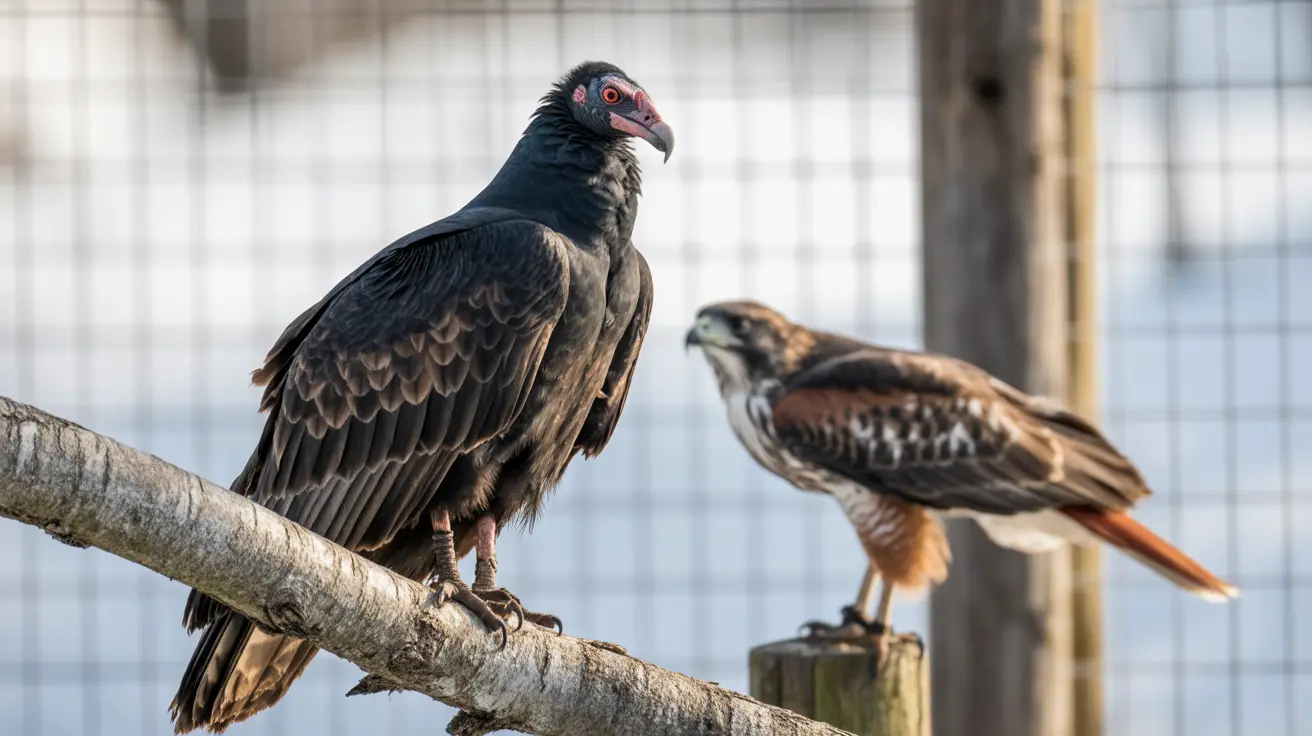How Long Before a Puppy Forgets Its Mother?
Many pet owners wonder whether a puppy will forget its mother after going to a new home. Understanding this can help with making responsible decisions about early rehoming and nurturing a dog's emotional well-being. Research shows that a puppy’s memory of its mother can be surprisingly long-lasting — but several factors influence this recognition.
The Role of Scent in Canine Recognition
Dogs possess an exceptional ability to recognize others through scent, thanks to their advanced olfactory systems. With over 300 million scent receptors, dogs rely heavily on smell to understand their world.
- Puppies as young as 4 to 5.5 weeks can recognize their mother and littermates through scent.
- This scent-based recognition can persist for up to two years if the initial bond was strong.
- Dogs presented with scent-infused items from their mothers show significant interest even after long separations.
Biological and Emotional Bonds
Mother dogs form deep attachments to their puppies through instinct and biochemistry:
- The hormone oxytocin plays a key role in forming maternal bonds, encouraging licking, grooming, and protection.
- Sensory imprinting during the early weeks reinforces these connections.
Lasting Memory vs. Changing Behavior
Although scent memory can last for years, puppies’ behavior might not always reflect obvious recognition:
- Dogs may display prolonged sniffing, relaxed body posture, or friendly interactions when reunited with family members.
- Others may show little to no reaction, depending on individual temperament, environment, or time apart.
Impact of Time and Early Socialization
The duration of time a puppy spends with its mother significantly impacts future recognition:
- Puppies who stay with their mothers for 12–16 weeks are more likely to retain scent memories.
- Early separation may result in faster fading of these bonds, especially as external scents overwrite old ones.
- Changes in environment, stress, or exposure to new stimuli can diminish scent-based recognition.
Siblings and Paternal Recognition
Recognition among littermates and fathers differs from that of the mother-puppy bond:
- Siblings might not recognize each other later in life unless they grow up together or continue regular contact.
- Father dogs generally do not recognize or distinguish their offspring. They may show interest but lack paternal instincts.
Understanding Behavioral Signs
When a dog recognizes its mother or a sibling, owners may observe the following behaviors:
- Prolonged sniffing near facial and rear areas.
- Relaxed or excited postures and tail wagging.
- Play bows or return to familiar behaviors from puppyhood.
Recognizing the Limits of Canine Memory
Dog memory is not the same as human memory:
- Canines do not understand kinship in a human sense. For example, a male dog may mate with his mother after separation, indicating no concept of incestual taboo.
- Memory is primarily contextual and scent-driven, not familial or emotional in a human way.
Individual Variability
Response to reunions can vary dramatically:
- Some dogs act joyfully with recognized relatives.
- Others may act indifferent, showing no obvious signs of recognition.
- These differences reflect temperament, early experiences, and environmental conditioning.
Conclusion
Dogs have the potential to remember their mothers for up to two years after being separated, particularly if they spent the critical bonding period—approximately the first 12–16 weeks of life—together. Recognition depends largely on a dog's sense of smell rather than emotional memory or visual cues. Scent-based markers and early social experiences form the foundation of this recognition. However, factors like time apart, changes in environment, and individual dog's personality affect how long and how strongly this memory persists. Pet owners should consider allowing puppies to remain with their mothers and littermates for longer periods to foster better emotional and social development.





